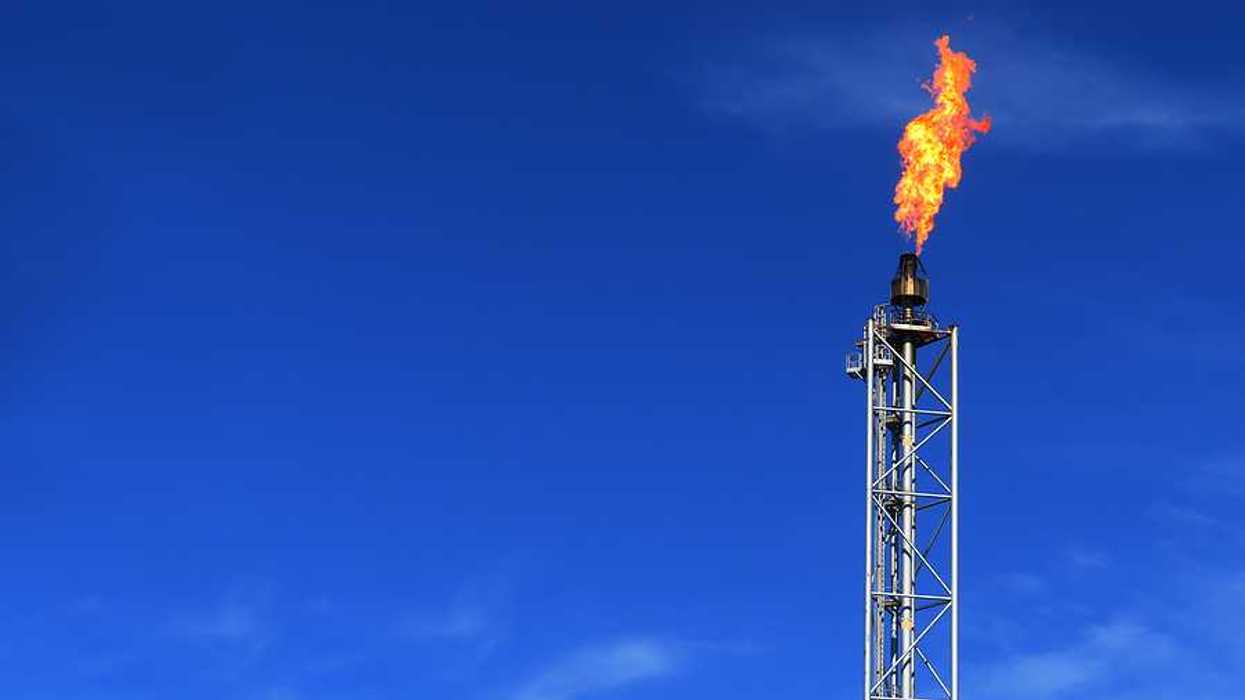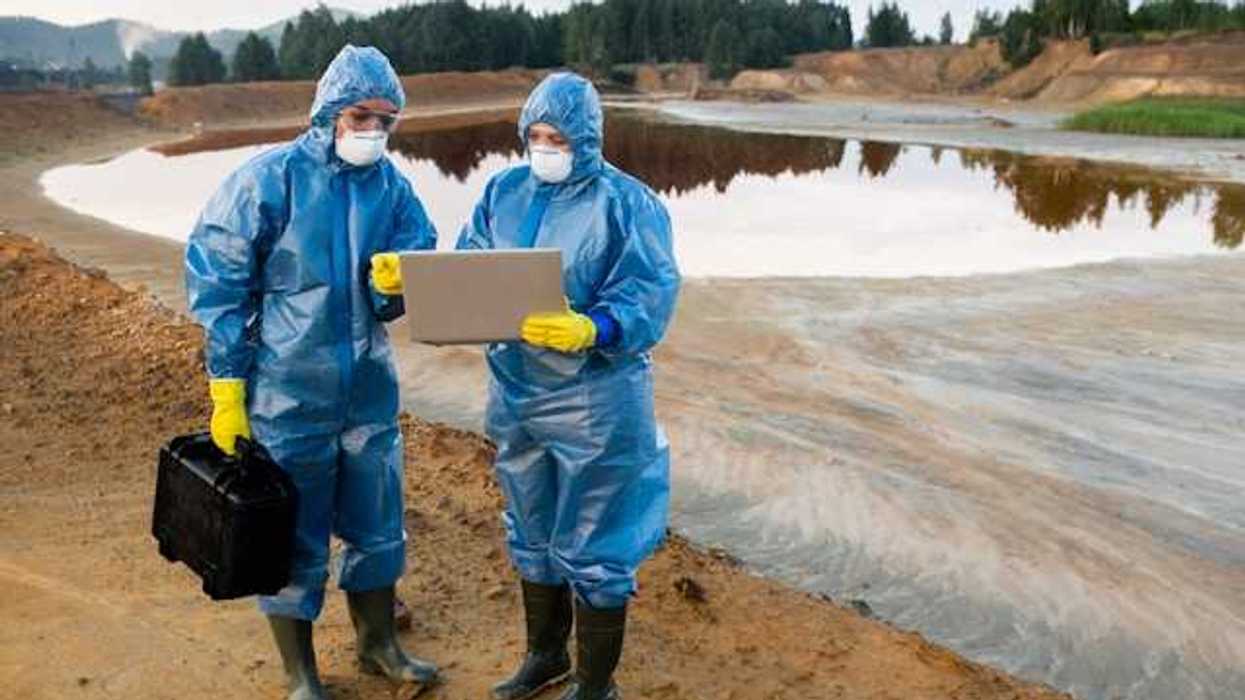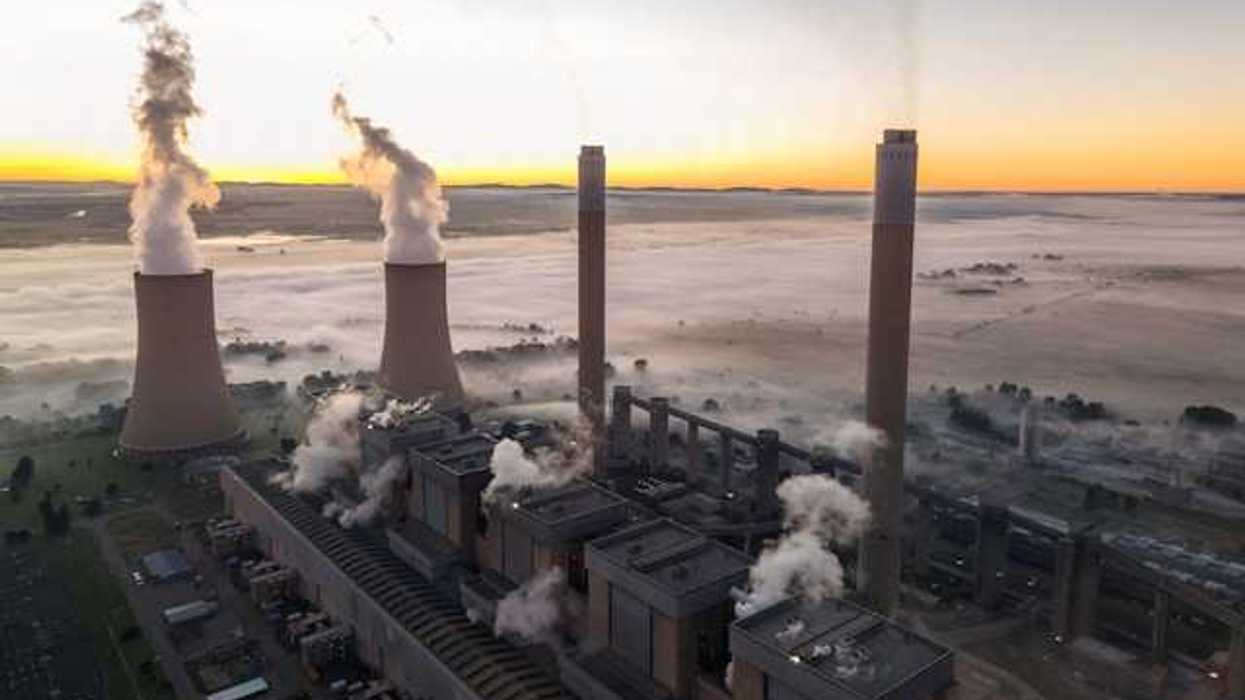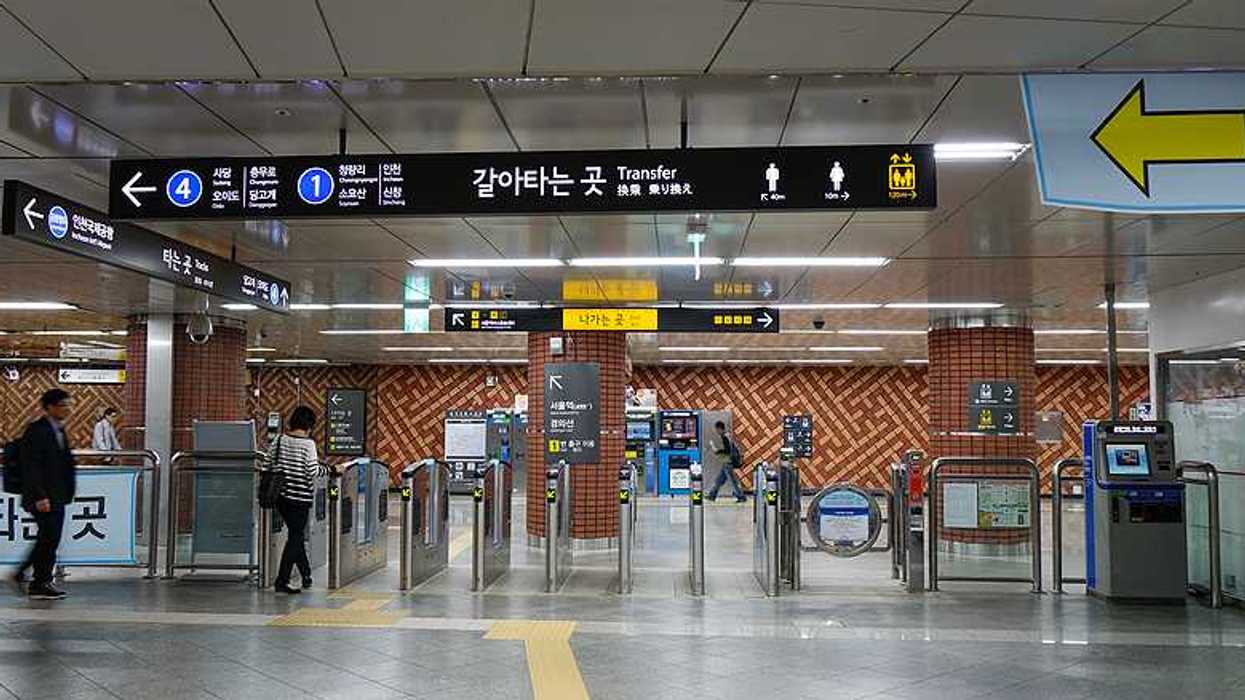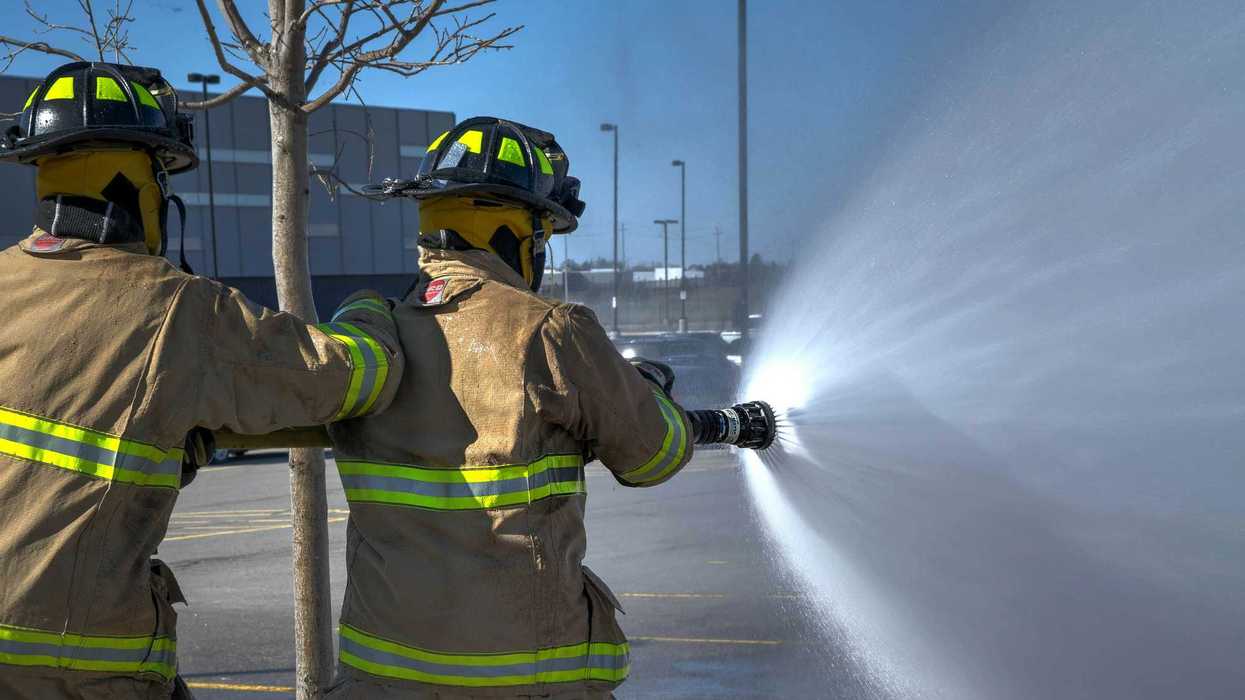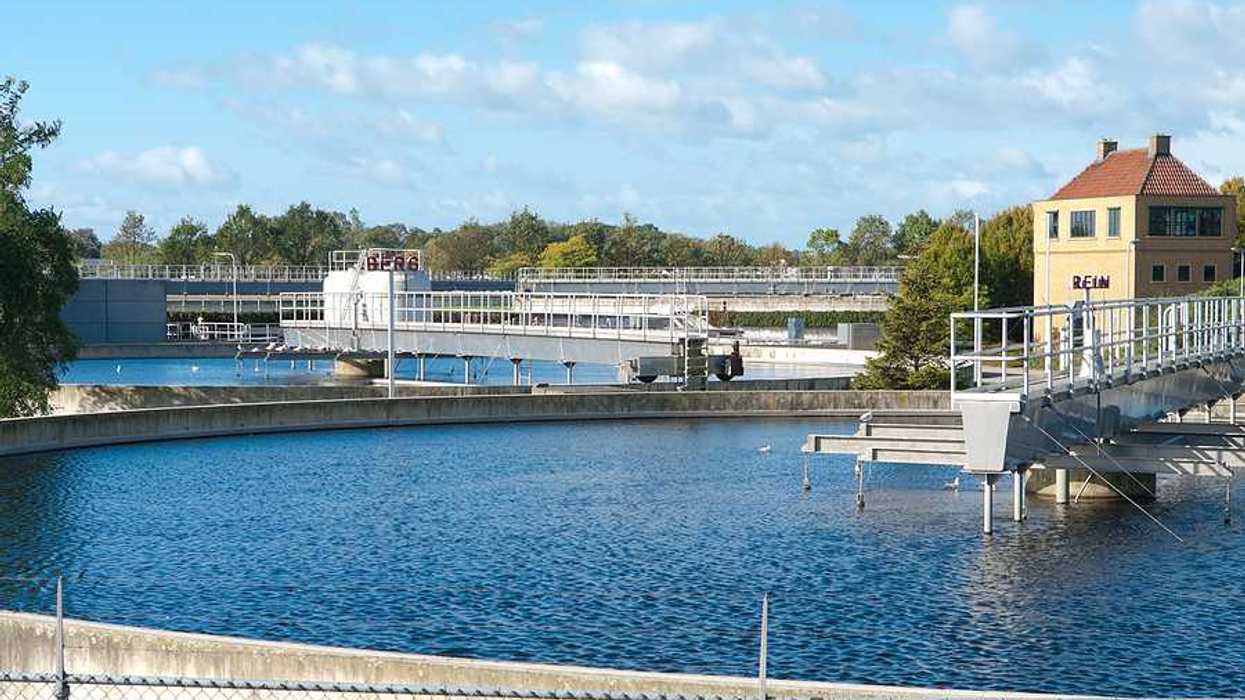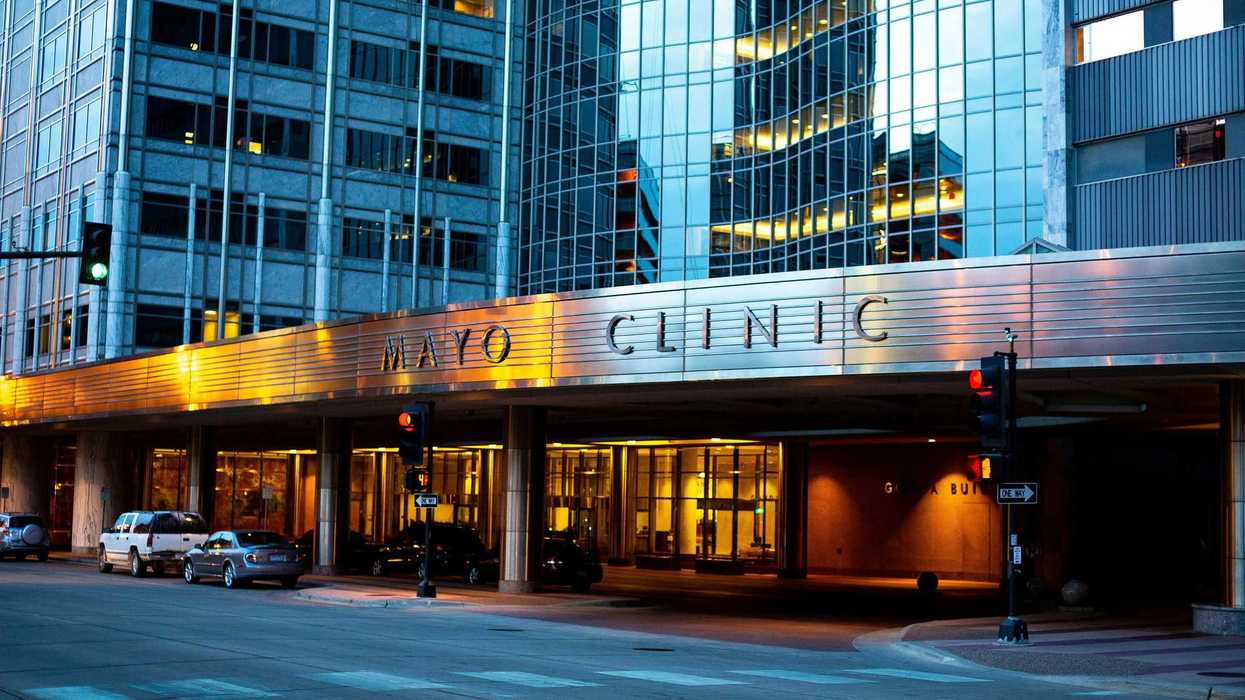The Great Black Migration laid the foundations for the Midwest to become an industrial and manufacturing hub, but Black communities have been repaid with environmental injustice.
Adam Mahoney reports for Capital B News.
In short:
- Black communities in the Midwest, once thriving with industrial jobs, now face severe environmental injustices.
- Displacement and pollution are leading to reverse migration, with many seeking better living conditions in the South.
- The region's Black population has significantly declined, impacting cultural and community stability.
Key quote:
“When we leave, not only to the suburbs but to Texas, to Atlanta — I know because my family did it — it is because we see that Chicago and these other cities are not here to uphold Black life.”
— Asiaha Butler, housing activist
Why this matters:
The Midwest's environmental justice crisis illuminates broader national issues of racial and economic inequality. Health outcomes for Black communities are directly affected by the toxic legacies of industrialization, which prompt demographic and economic shifts that further affect community wellbeing.
Learn more about environmental justice in EHN's EJ explainer.
Question for the reader:
How do you think your community can address and prevent environmental injustices?
AI-based tools helped produce this text, with human oversight and editing.


